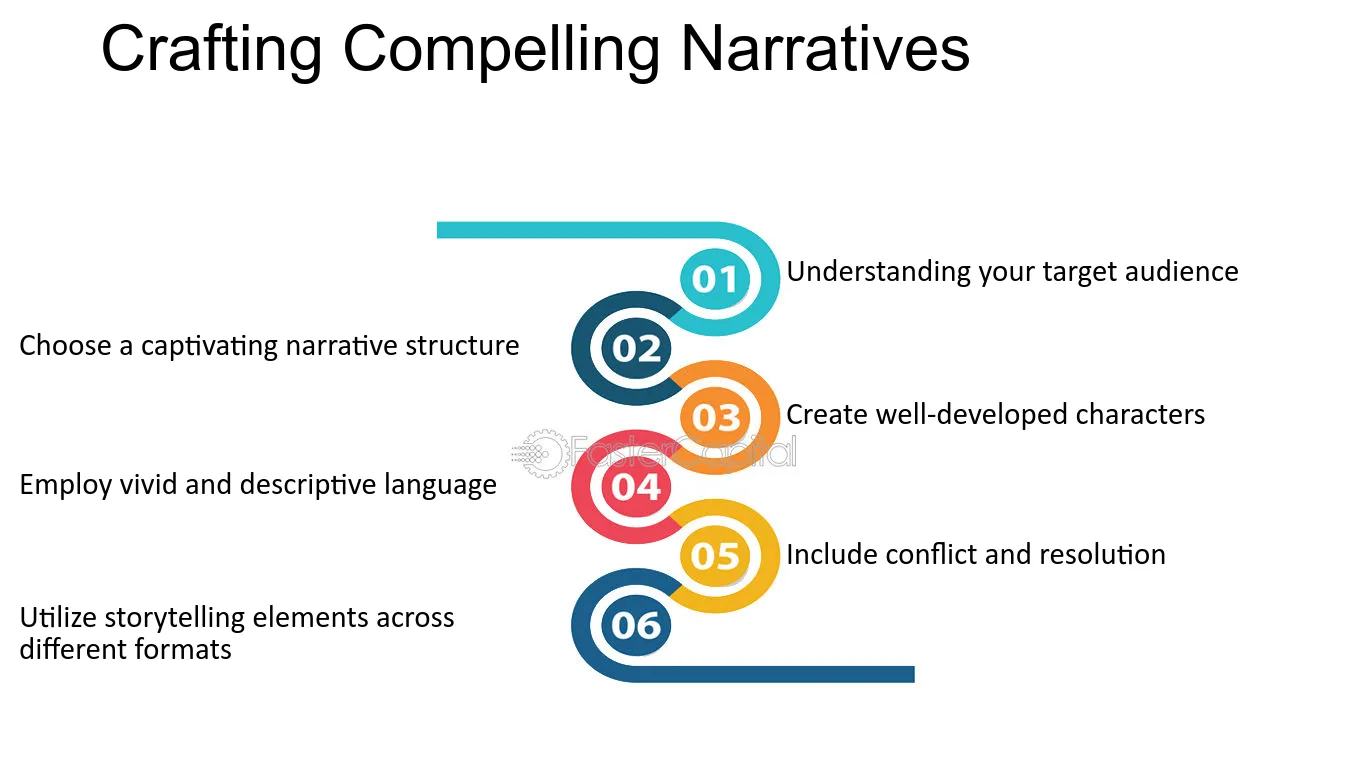In the digital era, where information is abundant and attention spans are fleeting, businesses navigate a complex landscape where effective communication is paramount. At the heart of this communication strategy lies content creation, a dynamic and multifaceted process that involves crafting narratives, producing engaging media, and strategically disseminating information. Content creation for businesses transcends mere storytelling; it is a powerful tool that shapes brand identity, connects with target audiences, and propels companies toward success in an ever-evolving market.
At its essence, content creation is the art of translating ideas, values, and messages into tangible and consumable formats. This can encompass a myriad of mediums, including written articles, blog posts, social media updates, videos, infographics, podcasts, and more. The versatility of content creation allows businesses to tailor their message to various platforms, ensuring they reach their audience wherever they are in the digital realm.
One of the key pillars of successful content creation is understanding the target audience. Businesses engage in meticulous research to identify the demographics, preferences, and behaviors of their ideal consumers. Armed with this knowledge, content creators can develop content that resonates, captivates, and ultimately prompts desired actions. Whether the goal is to inform, entertain, or inspire, audience-centric content is the linchpin of a robust content creation strategy.
The evolution of search engine algorithms has elevated the importance of quality content in the digital sphere. Search engines prioritize content that is relevant, valuable, and authoritative, making strategic content creation a linchpin of effective search engine optimization (SEO) strategies. Businesses invest in creating content that not only appeals to human readers but also aligns with the algorithms that govern online visibility.
Video content has emerged as a dominant force in the content creation landscape. The rise of platforms like YouTube, TikTok, and Instagram has transformed video into a preferred medium for both consumers and businesses. From brand storytelling to product demonstrations, businesses leverage video content to convey messages in a visually compelling and easily digestible format. The accessibility of smartphones and the ubiquity of high-speed internet have further fueled the popularity of video content consumption.
The social media revolution has redefined how businesses approach content creation. Platforms such as Facebook, Instagram, Twitter, and LinkedIn serve as dynamic canvases for brand expression. Content creation for social media involves not only crafting engaging posts but also fostering community, responding to audience interactions, and adapting to the fast-paced nature of these platforms. Social media content is a direct conduit to the audience, fostering real-time engagement and building brand loyalty.
Blogs remain stalwarts in the content creation landscape, offering businesses a platform for in-depth exploration of topics, thought leadership, and SEO benefits. Well-crafted blog content not only informs and educates but also positions businesses as authoritative voices within their respective industries. The ongoing maintenance of a blog demonstrates commitment to providing value, which resonates with both consumers and search engines.
In the realm of business-to-business (B2B) marketing, content creation plays a pivotal role in establishing credibility and building relationships. Whitepapers, case studies, and industry reports are examples of content that cater to a more specialized and discerning audience. These materials go beyond surface-level engagement, providing in-depth insights that influence decision-makers and contribute to long-term partnerships.
As technology continues to advance, content creation embraces immersive experiences. Augmented reality (AR), virtual reality (VR), and interactive content redefine audience engagement, offering experiences that transcend traditional forms of communication. Businesses at the forefront of innovation leverage these technologies to create memorable and impactful brand experiences.
Content creation is not a one-size-fits-all endeavor; it requires adaptability and a keen understanding of emerging trends. Businesses continually refine their content strategies based on analytics, feedback, and the evolving landscape of digital communication. The ability to pivot and experiment with new formats ensures that businesses remain relevant and resonate with their audience in an ever-changing digital ecosystem.
In conclusion, content creation for businesses is a dynamic and indispensable facet of modern marketing and communication. It is a nuanced art that combines creativity, strategy, and technology to convey messages, build brand affinity, and drive business objectives. As businesses strive to cut through the digital noise, the skillful orchestration of content creation emerges as a cornerstone for those seeking to thrive in the competitive and dynamic world of commerce.
